Meeting Réunion: Preview

As he relaxed following his win at the decathlon edition of the Ultimate Garden Clash in June, the world record holder reflected on his plans for the remainder of the Covid-devastated 2020 season.
“I think I will organise a decathlon,” Kevin Mayer said. “I don’t know where it will be, but I’m seeking to organise something for qualification with good conditions. I think in December, you will see me in decathlon.”
Six months later, that idea has matured into much more than simply a qualification opportunity for one man. It has become the newest event in the 2020-21 Combined Events Challenge, in the tropical climes of Réunion - a beautiful island in the Indian Ocean rich in wildlife, sandy beaches and World Athletics rankings points.
If the Doha World Championships extended the 2019 season late into October, then the meeting in Réunion comes at a time when most multi-eventers are usually focused either on winter training or on preparing for the shorter events of the indoor season.
December is also traditionally when we begin to see the form of the athletes of the southern hemisphere. Last weekend Felipe Dos Santos became the 9th man to secure the outright qualifying score (8350) for the Olympics when he won the Brazilian national title with a 345-point PB of 8364. And the Australians are also in action this weekend – Cedric Dubler and Ash Moloney currently lie 18th and 23rd on the rankings respectively – at the Queensland Championships on Saturday and Sunday.
But on Friday 18th and Saturday 19th December, Réunion will transform from its usual role as warm weather training camp for the French team into the first major international multi-event of the 2020-21 season.
Kevin Mayer’s ability to turn disaster into success was evident in 2018, when his three long jump fouls at the European Championships in the Berlin Olympic Stadium turned out to be the first three steps towards the annihilation of the world record in Talence. His troubles in Doha were all the more heart-breaking given how far into the competition he managed to survive, bailing out only in the pole vault. What magic has been brewing in Montpellier in the long 14 months since Doha?
“I’m not in Olympic form” he told press this week, but he also said that he would approach his decathlon “by feeling”.
Mayer is in the unenviable position of having to pursue qualification while 9 of his biggest rivals – Warner, Kaul, Uibo, Lepage, Kazmirek, Shkurenyev, Erm, Victor and now dos Santos - can relax and focus on their Olympic preparation. By Saturday evening, we will know whether Kevin is the 10th man to qualify, or whether he will need to compete again to secure a second performance – indoor or out - to establish a position in the rankings.
While opinion is divided on whether Kevin will aim for a safe 8400 or a big 8800, there is plenty more competition taking place across the rest of the field. With 15 places – 14 if Mayer is successful – up for grabs to shape an Olympic field of 24, decathletes who can place highly in a Combined Events Challenge competition with a score in the range of 8100 to 8200 will strengthen their chance of qualifying by 29 June 2021. For most men in the field, that is a goal within their reach.
Until last weekend, Axel Hubert held the 2020 world lead following his 8260 at the French champs in September. Next in the world lists are Estonians Risto Lillemets and Taavi Tšernjavski. Taavi delivered 2020’s first official – and his first ever - 8000 point decathlon in July with 8086, and Risto overtook him a month later with a near-solo effort to secure his first 8000+ score of 8133.
Ruben Gado also features in the world lists with his 7738 from the French championships, but that result – the first decathlon he completed since his 5th place in the iconic Decastar of 2018 - does not reflect his talent, and Ruben has been extraordinarily unlucky with injury in recent years. A few places behind Gado in 2020 is the veteran Oleksiy Kasyanov who scored 7716 at the Ukrainian champs in August. Tšernjavski, Lillemets, Gado and Kasyanov all benefited from the short 2020 indoor season, competing together in Tallinn in February, before the season closed down.
The French contingent also includes Gaël Querin - in his final decathlon of his final season - Jérémy Lelièvre and Bastien Auzeil. And France’s other 2019 championship representatives are also in attendance. Basile Rolnin delivered a superb Doha qualifier in Ratingen in 2019 and was the clear French No.2 behind Mayer in 2019, but neither of his championship challenges – in Glasgow at the European Indoors or Doha itself – survived the first day of competition. And of course, there is the new generation in the form of Ludovic Besson and Makenson Gletty, both of whom represented France at the extraordinary U23 decathlon in Gävle in 2019.
Thomas van Der Plaetsen had intended to compete but withdrew due to injury, but his country is represented by Le Belge, Mayer’s training partner Benjamin Hougardy. And the line up is completed by Simone Cairoli who started 2020 with an indoor heptathlon performance just 33 points short of the Italian record, and is now recovering from the foot injuries that prevented him from competing fully – other than his legendary “Decathlon In a Room” - later in the year.
The field for the heptathlon is a small one, but a good one. Géraldine Ruckstuhl competed in a number of individual events during the intense Swiss season but only did one heptathlon – the novelty one-hour event won by Ivona Dadic in July. Ruckstuhl is well placed at 15th in the world rankings, but will be looking to consolidate her position and get nearer to the automatic qualifying mark of 6420.
The best mark of the year in the field belongs to Colombia’s Evelis Aguilar who logged 6254, just 31 points short of her own South American record, in September in Spain. A few places behind her in the 2020 world lists lies Estonia’s Mari Klaup who has had an encouraging year, finally overcoming her plantar fasciitis problems to set a lifetime heptathlon best of 6080 in August.
Hanna Kasyanova had a positive 2020 indoor and outdoor season, finishing 2nd in Tallinn indoors and in the Ukrainian champs outdoors (with 5962), but does not yet have enough qualifying performances to feature in the rankings, and will have to contend with the formidable trio of Sloboda, Shukh and Buinenko, among others, over the next 6 months to make the Ukrainian Olympic team.
Like Ruckstuhl, Austria’s Sarah Lagger didn’t compete in a heptathlon in 2020 other than the one-hour event, but was active in individual events in Austria, the highlight of which was joining Ruckstuhl in the 50m javelin club, with a PB of 50.32 in June.
French team-mates Annaelle Nyabeu-Djapa and Cassandre Aguessy-Thomas both started 2020 with lifetime bests indoors and if Diane Marie-Hardy remains injury free, you can guarantee that she will finish the heptathlon – and the 2020 season - in style for France with her superb 800m. And while the star power of multiple European Champion Nana Djimou will unfortunately only be on the sidelines of the heptathlon, we are promised some glimpses of the world champion Katarina Johnson-Thompson in individual disciplines.
The competition will be streamed on Facebook here.
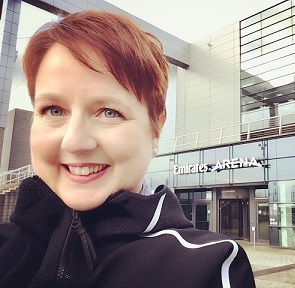
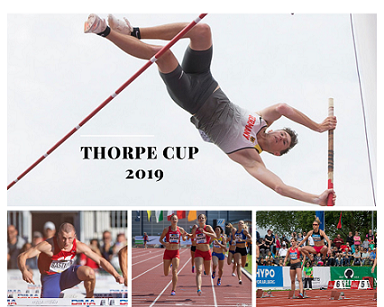
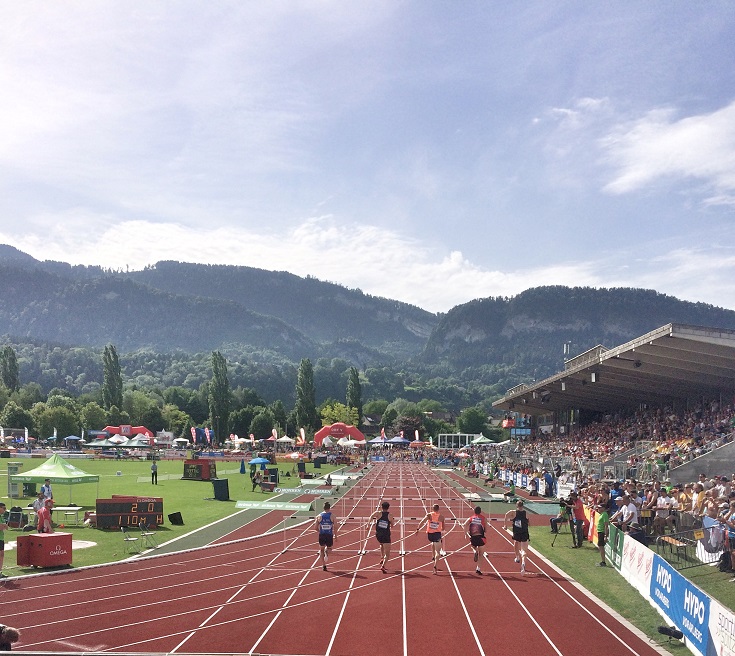
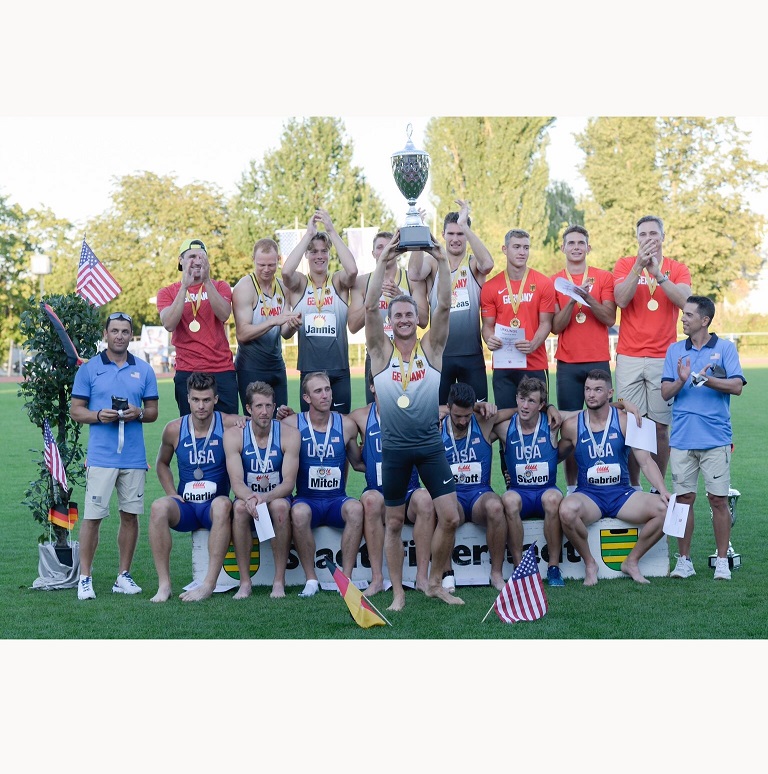
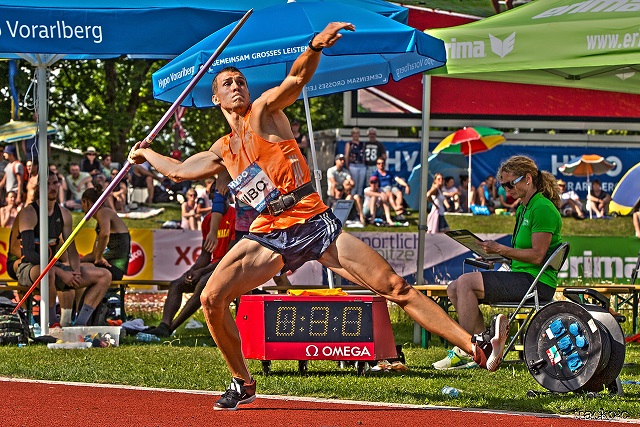
Comments